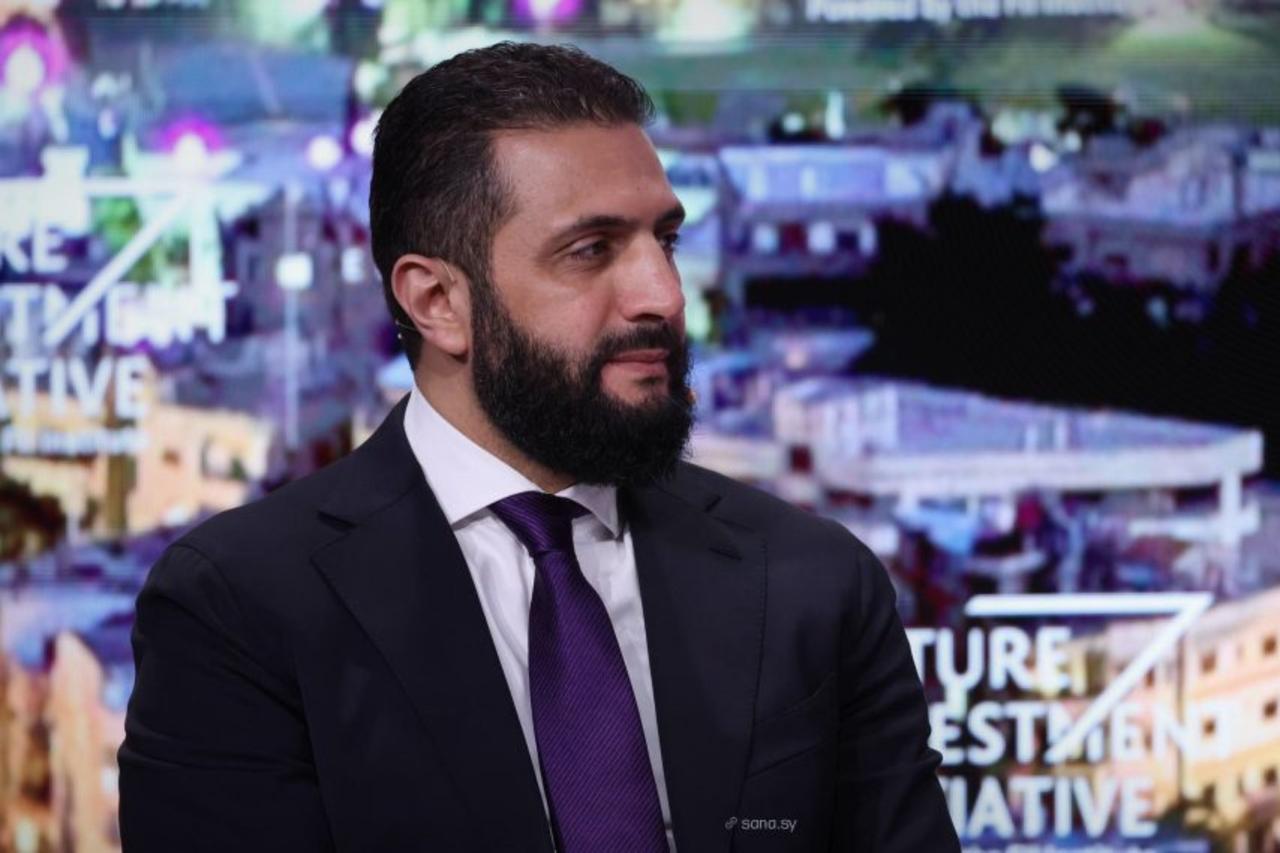
Syria received over $28 billion in foreign investment during the first six months of the interim government, following a major overhaul of investment laws, President Ahmad al-Sharaa said on Wednesday.
Speaking at the Future Investment Initiative (FII) conference in Riyadh, attended by Saudi Crown Prince Mohammed bin Salman, Sharaa said the reforms were designed to rebuild the war-torn country through partnerships rather than aid, state-run SANA reported.
Sharaa described Syria’s new investment laws as being "among the most advanced in the world," ensuring legal protections for foreign investors and promoting transparency.
Describing the inflow as a foundation for long-term reconstruction, Sharaa said Syria had established new investment partnerships with Saudi Arabia, Qatar, the United Arab Emirates, and Türkiye, as well as projects involving Bahrain, Jordan, and U.S. companies.
He emphasized that Syria aims to "rebuild via investments," highlighting the potential for the country to serve as a regional trade corridor due to its geographic position linking the Middle East, Europe, and Asia.
"What the world stands to gain from Syria’s stability is immense," Sharaa said, calling stability the key to unlocking regional growth and connectivity.
Sharaa said Syria’s recovery strategy is focused on sustainable development rather than external assistance. "We will rebuild everything that was destroyed," he said, adding that his government is committed to providing a stable and secure environment for investors.

Since assuming power from Bashar al-Assad 10 months ago, Sharaa’s transitional government has sought to re-establish Syria’s ties with regional and Western countries. Support from Saudi Arabia and Türkiye helped Damascus secure the lifting of most U.S. sanctions in late June, enabling the flow of foreign investment and financial cooperation.
The interim president expressed optimism that Syria would regain a balanced economic position regionally and globally, becoming one of the world’s leading emerging economies within a few years.
He said the integration of Syria with its neighbors—particularly through investment and trade—would help create "a unified economy that benefits everyone" in the region.
The World Bank Group estimates that the cost of Syria’s reconstruction will be around $216 billion, with direct physical damage to infrastructure, housing, and non-residential buildings accounting for about $108 billion of that total.